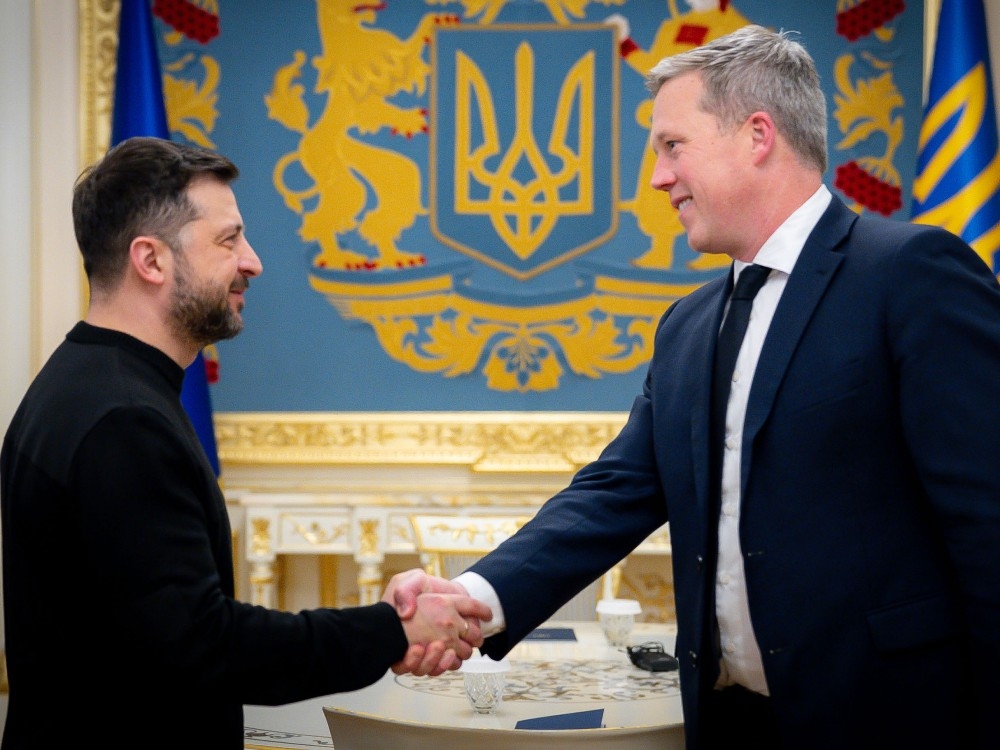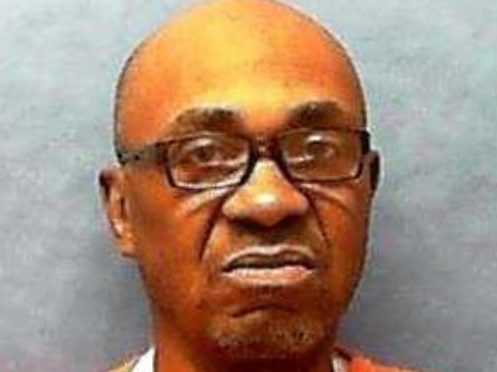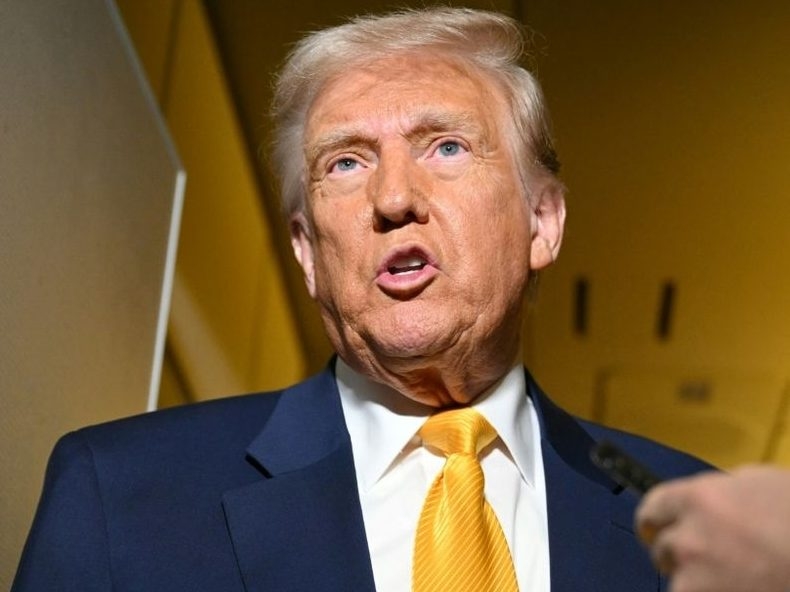A potential path to end the war in Ukraine has emerged, outlined in a draft proposal revealing a plan for significant territorial concessions to Russia and limitations on Ukraine’s future military strength.
Developed through collaboration between Washington and Moscow, the proposal was recently discussed with Ukrainian President Volodymyr Zelenskyy through a U.S. representative. Its implementation would demand substantial compromises from Kyiv and European leaders to resolve the nearly four-year conflict.
The draft includes a permanent bar on Ukraine joining NATO, alongside a commitment to halt any future expansion of the alliance – a major win for Russia, which has consistently viewed NATO as a direct threat to its security.

Crucially, the proposal would grant Russia control over the entirety of the Donbas region, despite Ukraine currently retaining control of approximately 14% of the area. This represents a significant gain for President Putin, effectively securing territory his forces have struggled to capture on the battlefield.
Beyond territorial gains, the plan suggests a pathway to lifting international sanctions imposed on Russia and reinstating its membership in the Group of 8, a forum of leading global economies. Russia, in turn, would pledge to refrain from future military aggression.
As a further component, $100 billion in frozen Russian assets would be allocated towards the massive undertaking of rebuilding Ukraine, offering a financial incentive alongside the political agreements.
However, the prospect of ceding territory to Russia faces fierce opposition within Ukraine, where it would be considered both deeply unpopular and unconstitutional. President Zelenskyy has repeatedly stated his firm rejection of such a scenario.
For a month, U.S. Secretary of State Marco Rubio and special envoy Steve Witkoff have been quietly navigating the complexities of this peace plan, gathering input from both Ukrainian and Russian representatives to identify mutually acceptable terms. Key to the drafting process have been Witkoff and Kirill Dmitriev, a close advisor to President Putin.
Amidst these diplomatic efforts, conflicting reports emerged regarding control of the city of Kupiansk in Ukraine’s Kharkiv region. Russian military officials claimed full control, while Ukrainian forces maintained they continue to hold the city.
The situation on the ground remains contested, with both sides presenting differing accounts of the ongoing battles and territorial control, highlighting the challenges inherent in reaching a lasting resolution.



